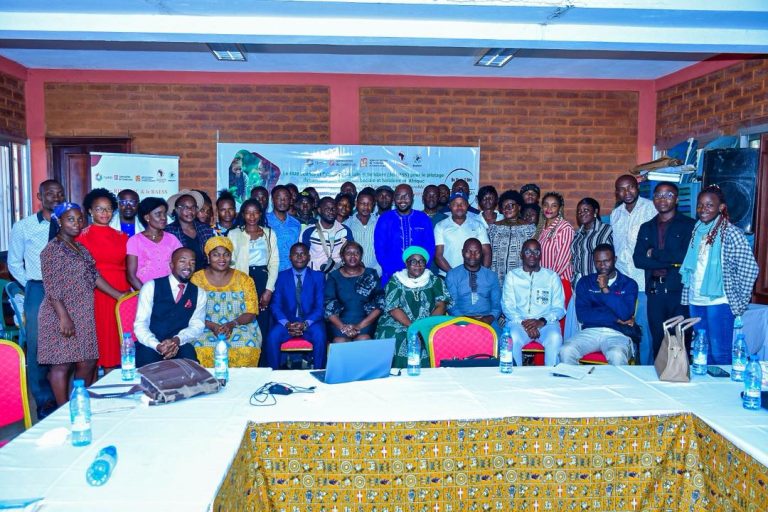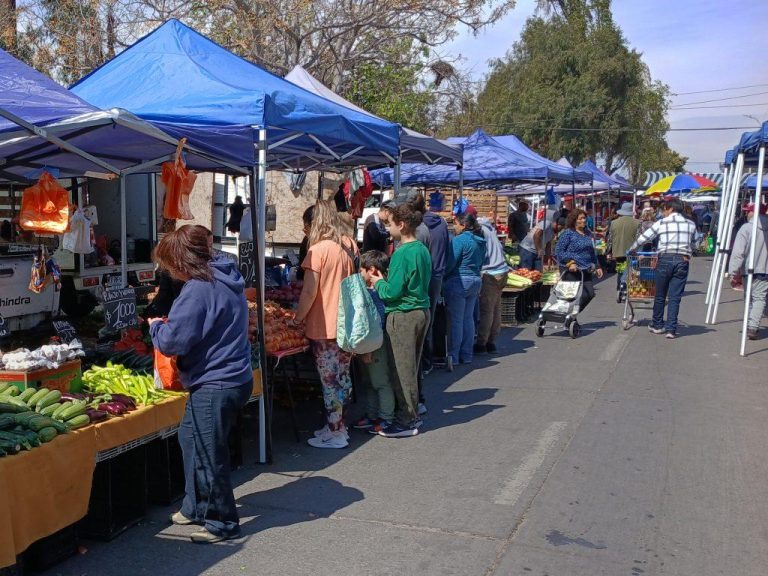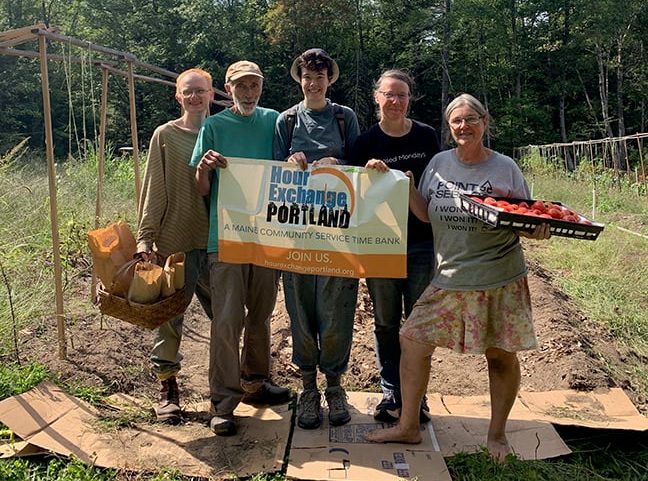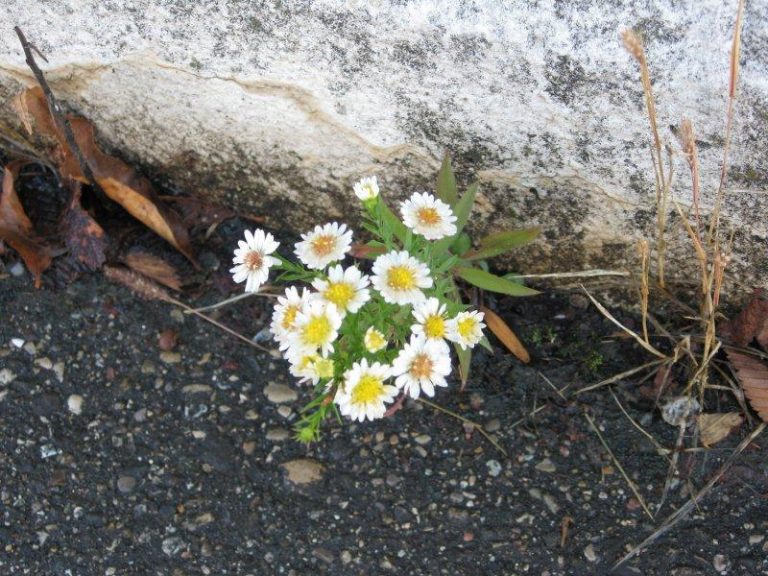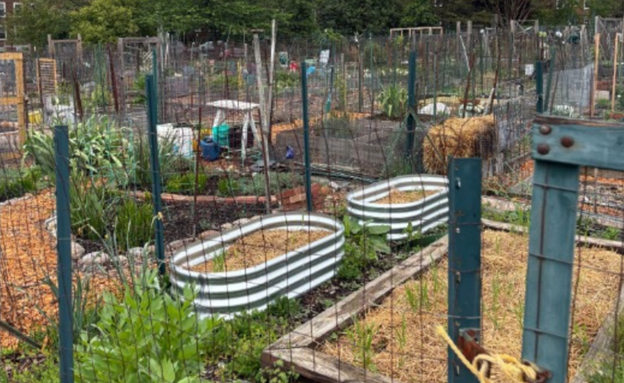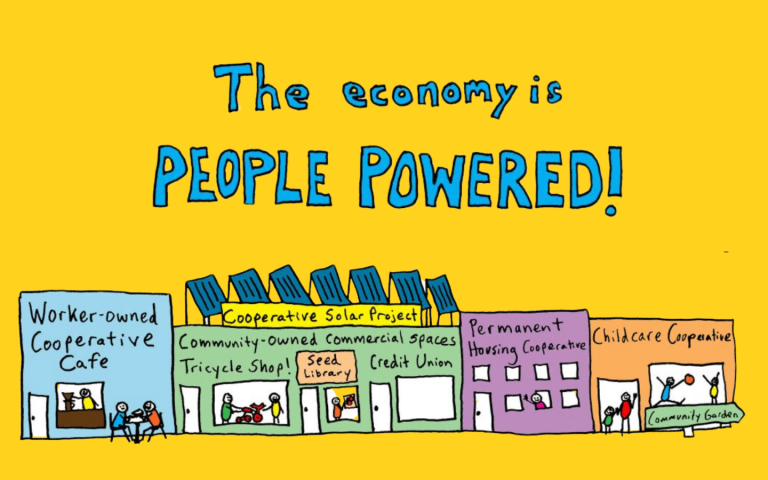Social And Solidarity Economy: African Youth Prepare Initiatives On Continental Scale
This initiative is part of the international project ‘Regionalisation of the UN resolution on the promotion of the Social and Solidarity Economy’, which aims to adapt and operationalise international commitments to the SSE in African contexts. In a continent where young people represent a major demographic force, but also a socio-economic challenge, the social and solidarity economy (SSE) appears to be a structuring response. Based on solidarity, democratic governance, territorial anchoring and inclusion, it is a recognised lever for decent job creation, social innovation and economic resilience.

